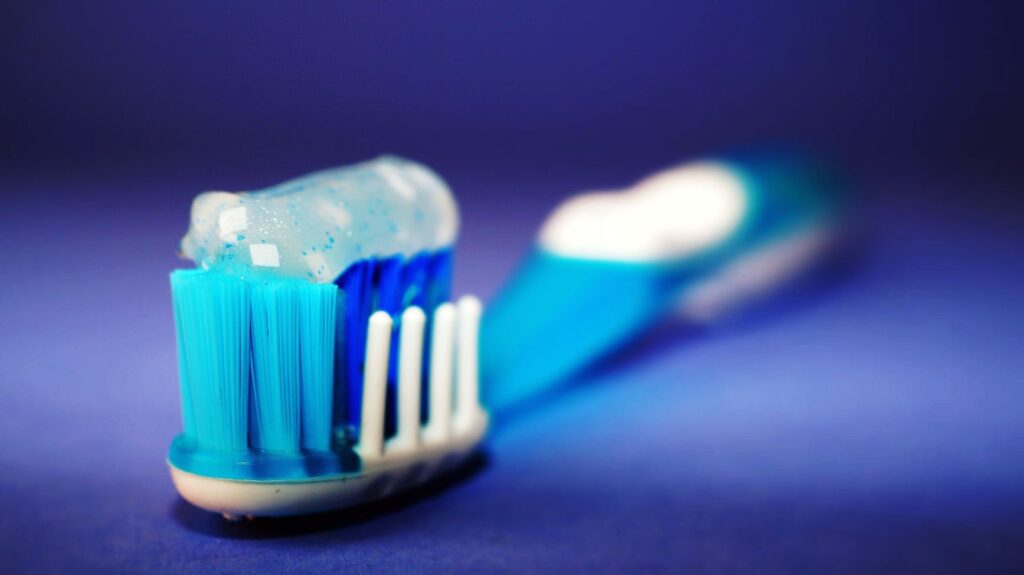You most likely have cold-sensitive teeth if eating ice cream and drinking cold beverages hurts your teeth. Following are a few causes and recommendations for after-cold drink dental care.
There are several causes of tooth pain when drinking cold water. Although the majority of retailers sell painkillers, some dental issues necessitate a dentist’s help.
If you’re one of the millions of Americans who suffer from tooth sensitivity and want to resume enjoying your favorite hot and cold drinks, you should identify the underlying cause and work with your dentist to make changes to your at-home oral hygiene routine to reduce tooth sensitivity or to repair dental damage with in-office dentistry procedures.
Why Are My Teeth Sensitive to the Cold?
You most likely have cold-sensitive teeth if eating ice cream and drinking cold beverages hurts your teeth. It’s important to distinguish between cold-sensitive teeth and tooth decay or gum disease because cold-sensitive teeth are not uncommon.
As a result of receding gums or worn tooth enamel, cold-sensitive teeth develop when the tooth’s nerves are exposed.
What Causes Teeth to Be Sensitive to the Cold?
Ever questioned why your teeth are so sensitive to the cold? Causes of cold-sensitive teeth fall into several categories:
- Tooth Decay or Gum Disease: If you experience tooth pain when not eating or drinking something cold, you may be experiencing the beginning stages of gum disease or tooth decay. Cold-sensitive teeth can be exacerbated by plaque buildup on the teeth and gums, which can eventually result in tooth decay and gum disease. 80% of sensitivity starts at the gum line, so switch to a toothpaste that’s good for your gums to treat sensitivity at the source.
- Overzealous Product Use: Too much tooth brushing pressure, and excessive use of teeth-whitening products or acids found in common foods and beverages like tomatoes, wine, and coffee can all result in the irreversible erosion of your tooth enamel. These are just a few examples of external factors that could result in cold-sensitive teeth.
- Grinding Teeth and Stress: Teeth that are overly sensitive to cold may also become so if bruxism exposes nerves by wearing down the enamel on the teeth. Consult your dentist if you suspect you are grinding your teeth and learn about your options for keeping your teeth safe.
- Exposed Nerve Roots: The pulp of the tooth is where the biological cause of tooth sensitivity to cold begins. When tooth roots are exposed as a result of receding gums or gum disease, the nerves in the pulp make teeth sensitive to cold. When a stimulus, such as cold air or cold liquid, is applied to the exposed dentinal tubules, the fluid in the tubules moves and causes a nerve to experience pain. These pathways are known as dentinal tubules.
- Cracks in Teeth: As your teeth expand and contract as a result of exposure to heat and cold over time, tiny cracks may appear. The cracks give the nerves another access point, making the teeth more susceptible to cold. Verify the surface for any lines that might point to tiny cracks.
- Receding Gums: Examine your teeth more closely if you experience ongoing sensitivity to heat or cold. To see if your gums are pulling away from your teeth, look at the gum line. Cold and heat sensations may travel to your teeth’s nerves more quickly if your gums are receding.

You are not alone if you have observed that your teeth are sensitive to cold. According to studies, at least 45 million adults in the US claim to have sensitive teeth to stimuli like cold, heat, or other things. After being exposed to the cold air outside, some people experience tooth sensitivity to the cold.
5 Ways to Help Manage Tooth Sensitivity to Cold
Drink through a Straw
Cold drinks can be painful to drink. Instead, sip them through a straw to avoid getting any liquid on your teeth and lessen the chance that it will make you feel sensitive.
Eat Dessert Differently
You can still enjoy your favorite frozen desserts; just experiment with different ways to eat them. Rather than biting into ice cream or sorbet, lick it. In this manner, you’ll keep it away from your teeth and have more time to enjoy it.
Breathe through Your Nose
When you’re outside, cover your mouth with a scarf and breathe through your nose to keep your teeth from being exposed to chilly air, which could damage your sensitive teeth.
Practice Good Oral Care
By using an electric or soft-bristled toothbrush twice per day and daily flossing, you can lower your risk of being sensitive to the cold. Enamel wear and receding gums, both of which can result in sensitive teeth, can be avoided with a good oral hygiene routine.
Use a Soft Toothbrush
Use a toothbrush with soft bristles as well if you have teeth that are sensitive to cold. A soft-bristled brush can aid in minimizing gum sensitivity-causing gum irritation. Additionally, try using soft dental floss.


